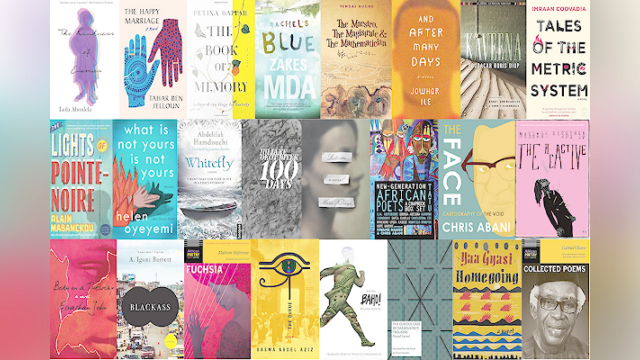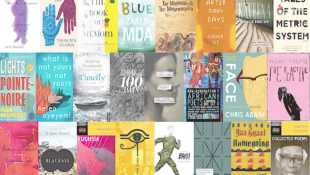
DEFINING SOME OF THE NOTABLE LITERARY GENRES
- By Jo Africa
- 1709 views
A Novella is a text of written, fictional, narrative prose normally longer than a short story but shorter than a novel, somewhere between 7,500 and 40,000 words.
A Short story is a piece of prose fiction that typically can be read in one sitting and focuses on a self-contained incident or series of linked incidents, with the intent of evoking a "single effect" or mood, however there are many exceptions to this.
Drama is the specific mode of fiction represented in performance: a play performed in a theatre, or on radio or television. Considered as a genre of poetry in general, the dramatic mode has been contrasted with the epic and the lyrical modes ever since Aristotle's Poetics —the earliest work of dramatic theory.
Poetry is a form of literature that uses aesthetic and rhythmic qualities of language—such as phonaesthetics, sound symbolism and metre—to evoke meanings in addition to, or in place of, the prosaic ostensible meaning.
Prose is a form of language that exhibits a natural flow of speech and grammatical structure rather than a rhythmic structure as in traditional poetry, where the common unit of verse is based on meter or rhyme.
A Novel is a long, fictional narrative which describes intimate human experiences. The novel in the modern era usually makes use of a literary prose style. The development of the prose novel at this time was encouraged by innovations in printing, and the introduction of cheap paper in the 15th century.
The present English (and Spanish) word for a long work of prose fiction derives from the Italian novella for "new", "news", or "short story of something new", itself from the Latin novella, a singular noun use of the neuter plural of novellus, diminutive of novus, meaning "new".[8] Most European languages use the word "romance" (as in French, Dutch, Russian, Slovene, Serbo-Croatian, Romanian, Danish, Swedish and Norwegian "roman"; Finnish "romaani"; German "Roman"; Portuguese "romance" and Italian "romanzo") for extended narratives.
A fictional narrative
Fictionality is most commonly cited as distinguishing novels from historiography. However this can be a problematic criterion. Throughout the early modern period authors of historical narratives would often include inventions rooted in traditional beliefs in order to embellish a passage of text or add credibility to an opinion. Historians would also invent and compose speeches for didactic purposes. Novels can, on the other hand, depict the social, political and personal realities of a place and period with clarity and detail not found in works of history.
Literary prose
While prose rather than verse became the standard of the modern novel, the ancestors of the modern European novel include verse epics in the Romance language of southern France, especially those by Chrétien de Troyes (late 12th century), and in Middle English (Geoffrey Chaucer's (c. 1343 – 1400) The Canterbury Tales).[9] Even in the 19th century, fictional narratives in verse, such as Lord Byron's Don Juan (1824), Alexander Pushkin's Yevgeniy Onegin (1833), and Elizabeth Barrett Browning's Aurora Leigh (1856), competed with prose novels. Vikram Seth's The Golden Gate (1986), composed of 590 Onegin stanzas is a more recent example of the verse novel.[10]
Content: Intimate experience
Both in 12th-century Japan and 15th-century Europe, prose fiction created intimate reading situations. On the other hand, verse epics, including the Odyssey and Aeneid, had been recited to select audiences, though this was a more intimate experience than the performance of plays in theaters. A new world of individualistic fashion, personal views, intimate feelings, secret anxieties, "conduct," and "gallantry" spread with novels and the associated prose-romance.
Length
The novel is today the longest genre of narrative prose fiction, followed by the novella. However, in the 17th century, critics saw the romance as of epic length and the novel as its short rival. A precise definition of the differences in length between these types of fiction, is, however, not possible. The requirement of length has been traditionally connected with the notion that a novel should encompass the "totality of life."[11]
*SOURCE: Novel-Wikipedia. Retrieved from: https://en.wikipedia.org/wiki/Novel



